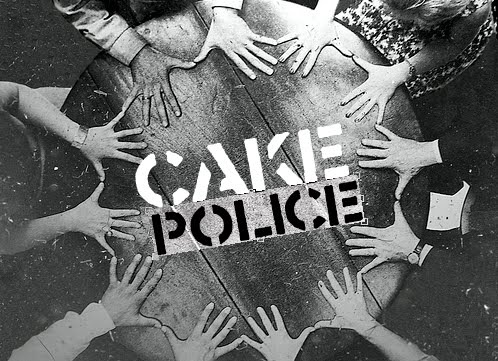"'We urge the Egyptian authorities not to prevent peaceful protests or block communications including on social media sites," Clinton told reporters in the most blunt comments to date by the United States urging Mubarak to undertake reforms."
As predictable and tepid a response as one could expect: "Give them a few little freedoms and get back to business as usual," along with the long time favorite reference to freedoms of speech, which manifests itself chiefly in social networking sites on the internet these days (By the way, did anyone else think it was absolutely absurd not only that Obama cited Facebook as a shining beacon of American industry in the 21st century, but that Congress applauded when he did so? Hell of a year for Mark Zuckerberg.). And although Reuters claims that Clinton "minced no words" in the above statement, this quote is much more frank:
"We support the fundamental right of expression and assembly for all people, and we urge that all parties exercise restraint and refrain from violence. But our assessment is that the Egyptian government is stable and is looking for ways to respond to the legitimate needs and interests of the Egyptian people."
Responses by the US government in situations such as these is pretty much cut-and-paste, but rarely comes out that strong in support of embattled dictators. Then there's the ever-present plea for a "refrain from violence," which ignores a few facts. First, without any violent acts it would be almost impossible for these people to be heard and taken seriously as a threat by their government. Secondly, that in situations where citizens come out en masse to voice their dissent, violence is often exacerbated, if not initiated, by the state's police forces and/or army. Finally, that these are the exact same tactics used by American police whenever there are anti-government demonstrations on US soil. Sure, the American government has never blocked the use of social networking sites to prevent citizens from organizing, but they have never had to. And there is every reason to suspect that they would if they did perceive a need to, judging by their reaction to WikiLeaks, when they bullied all sponsors and servers into rescinding their support, and making sure that supportive citizens could not lend theirs.
So this will definitely be something to keep an eye on, particularly, in Tunisia, what kind of government comes out of the ruins of the previous one. What history leads me to guess is that the Tunisian people will be granted a few more social freedoms, but the economic situation will remain mostly the same. However, the uprisings in Egypt do add a note of hope to the process, especially since the complaints of the Egyptian people seem to hit much closer to the core of things, as their main source of outrage seems by and large to be the economic system and the immobility and poverty it engenders.
Update: The situation is escalating constantly in Cairo. Follow it here.

No comments:
Post a Comment